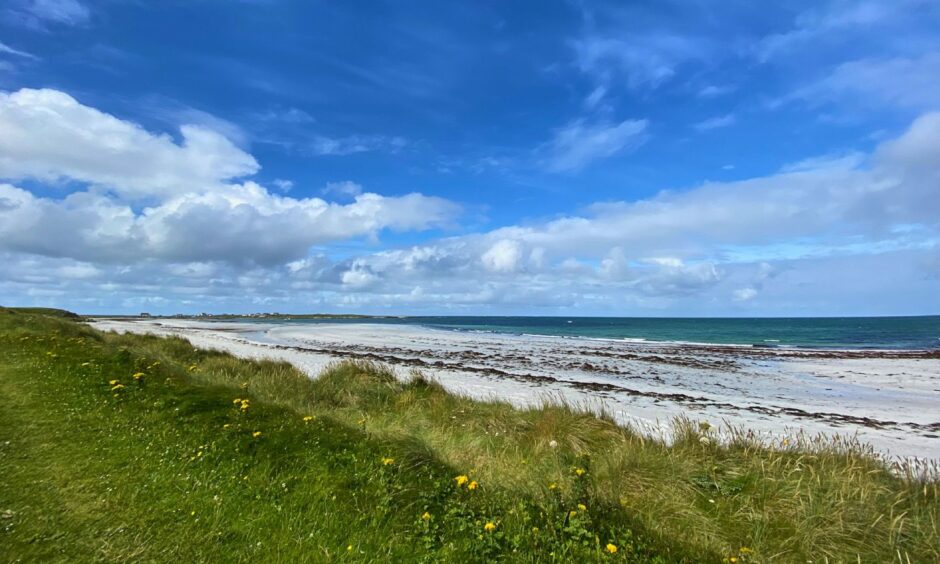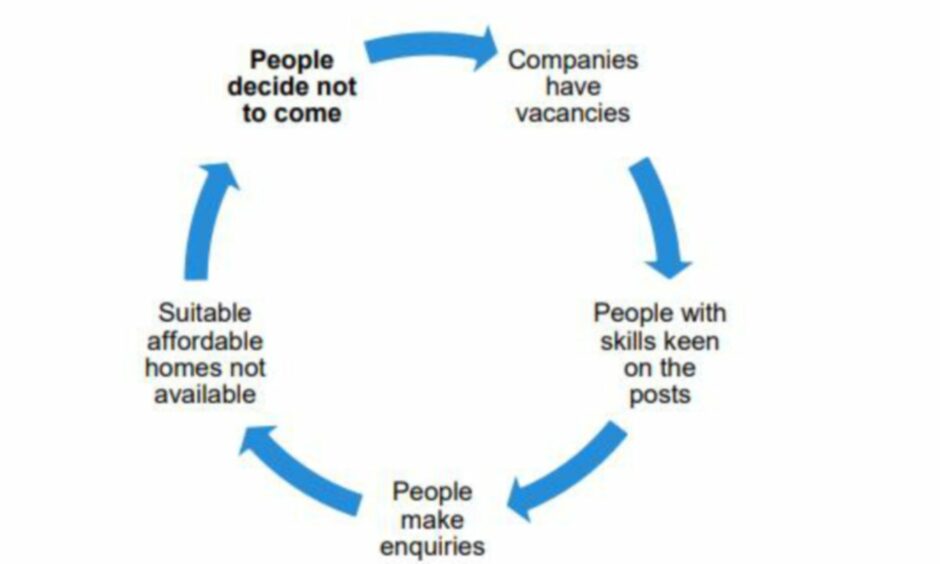Islanders want restrictions on second and holiday homes in Uist to make more housing available to local people and incoming workers.
Access to suitable accommodation tops a list of critical actions needed to help stem depopulation in the area.
A community consultation was held to inform the Uist repopulation action zone working group, set up to tackle an acute loss of people which is forecast to continue.
Comhairle nan Eilean Siar has now published an action plan to attract and retain residents.
Population predicted to fall
Uist is one of the areas identified by the Convention of the Highlands and Islands (COHI) where pilot work is needed due to population decline.
National Records of Scotland predicts the population of the Outer Hebrides will fall to 22,709 by 2043.
This is a projected decline of 16%, or 4,021 people, from 2018.
Over the same period, a 2.5% rise is predicted for Scotland overall.
Other areas including Caithness and Sutherland and Argyll and the Islands are earmarked for support.
The key priority of housing in Uist includes proposals for new developments, serviced plots, key worker accommodation, empty home repurposing and new croft entrants.
It is felt that people wanting to come to Uist may find a job but are unable to take it up as they can’t get a house.
Communities believe second home owners and holiday lets are restricting the market and should be subject to restrictions.
It is also felt young people need financial support to buy homes.
Other critical areas requiring action are sustainable jobs, infrastructure, access to services and Gaelic.
While jobs generally were not seen as a key need with many available locally, training schemes could increase the number of trades people.
In addition, it is it felt public sector bodies, including the council and Scottish Government, should locate more staff on Uist to help attract new people.
Better infrastructure needed
The report highights the need to improve roads and ferry infrastructure, as well as broadband and mobile coverage and renewable energy and net zero energy plans.
People commented on the poor quality of roads and the “appalling” ferry service which can lead to a lack of fresh produce on the shelves and discourage people from staying.
During community events people also mentioned the high cost of air travel, poor bus service and even the need for a tunnel to the mainland.
They highlighted the importance of accessing services, including shops, NHS, schools and childcare.
The need to ensure Gaelic is retained at the heart of the islands culture came across strongly.
It was stressed the strengths of the islands, including its healthy lifestyle, safe environment, good schools and produce, must be communicated to entice people.
The report says none of the challenges facing the working group can be solved by any one project or organisation.
“Tackling and resolving issues means tackling problems that are intertwined.
“While there must a clear lead on a specific project they must work constructively with other partners.”
Council leader Paul Steele said the work being carried out through the Uist repopulation zone is vital to addressing the issues identified through the consultation.
“It’s really important that the action plan is taken forward for the benefit of Uist and all our islands.
“These are great places to live and work and getting that message out there is key to retaining and attracting people to our wonderful communities.”



Conversation